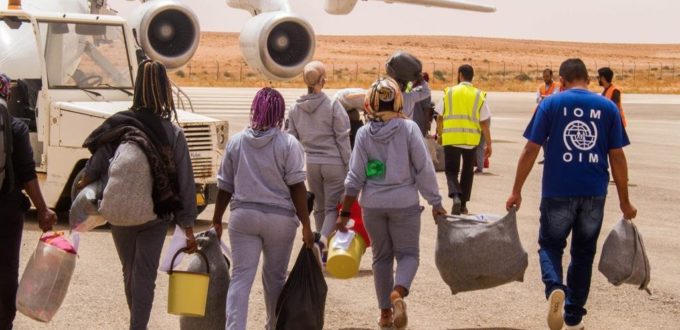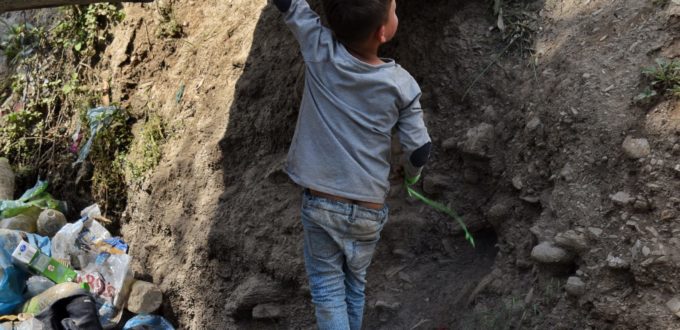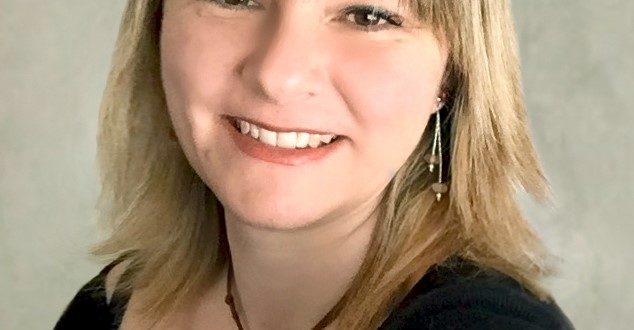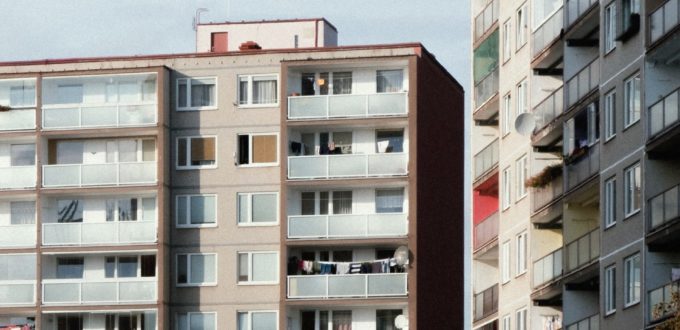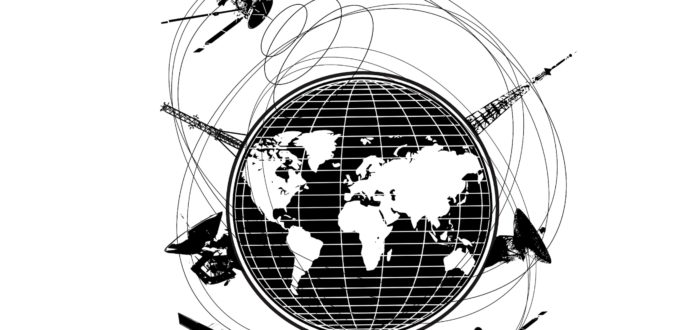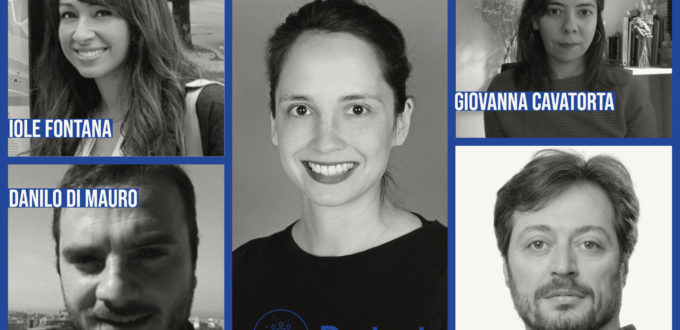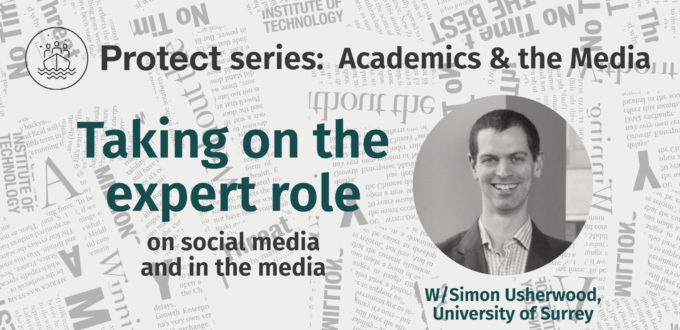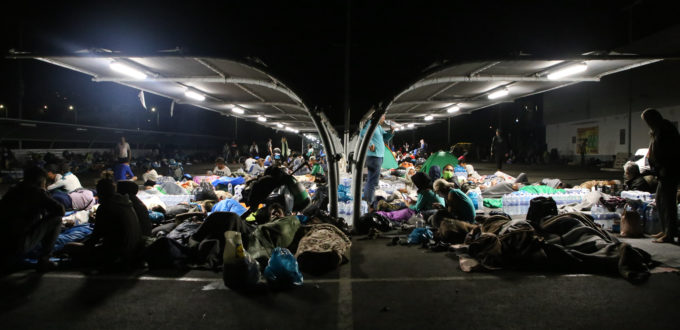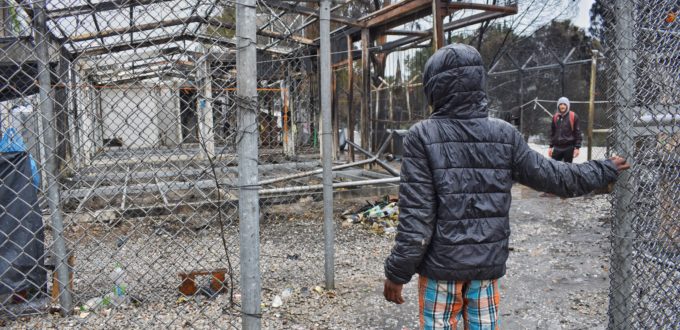In February 2021, the European Commission published a new Communication on ‘Enhancing cooperation on return and readmission as part of a fair, effective and comprehensive EU migration policy’. The document, which outlines the first assessment on the state of readmission cooperation with third countries, identifies obstacles and challenges, as well as potential incentives to step […]
Syrian civil war at 10: the refugee crisis at a glance
The Syrian civil war has been waging for ten years and the consequences for Syria, Syrians, the neighboring states, and the region have been devastating. The crisis has left over 6.6 million Syrians in need of protection and resettlement. Still, a handful of neighboring states continue to host the majority of Syrian refugees.
PROTECT researcher Daniela Irrera elected to ECPR’s Executive Committee
The Political Science and International Relations scholar from the University of Catania, Sicily takes office in May will serve for the term 2021-2027. In an interview with ECPR, Irrera reflects upon her motivation and goals as a member of the Executive Committee: – Most importantly, I am pleased to have the chance to help IR […]
When “vulnerability” is at stake: discourses on precarious lives in Marseille
Last November, as France was envisaging a gradual exit from its second national COVID-lockdown, the police evacuated several apartment buildings in the Petit Séminaire low-income apartment blocks (HLM) in the Quartiers Nord of Marseille, one of the poorest suburbs in Europe. The city council had previously issued a decree of imminent danger due to the unsafe condition of the buildings. For several months, the flats had been squatted by between 150 and 300 West- African asylum seekers and undocumented migrants. This eviction allows us to unpack some dimensions of vulnerability in the French socio-political context and perhaps provide answers to what it takes to be ‘vulnerable person’ when you are an asylum seeker or an undocumented migrant.
Weighting the Crisis: Comparing Media Coverage of Migration-Related Events in the EU
The migration crisis proved to be not only one of the biggest humanitarian catastrophes of the past decade in Europe but also one of the most salient media-covered events. Studying the media coverage of the crisis reveals some interesting general features and ‘national idiosyncrasies’.
Five New PROTECT Researchers
PROTECT welcomes five new colleagues at the start of 2021. While our Giessen team expands with one; Pauline Endres de Oliveira, the University of Catania team welcomes four; Dr. Giovanna Cavatorta, Dr. Iole Fontana, and Dr. Marcello Carammia, and Dr. Danilo Di Mauro.
NOK 1 million to PROTECT’s New Communication and Dissemination Network
The funding is part of the Norwegian Research Council’s Supplementary Funding for Norwegian Participants in Horizon 2020 projects (see fact box). – With this funding, we can disseminate relevant results to the Norwegian government, and political and humanitarian actors. This will significantly accelerate the transfer of knowledge between academia and politics, says Project leader Hakan G. Sicakkan.
PROTECT series: Academics and the media: taking on the expert role – with Simon Usherwood
What motivates Professor Simon Usherwood to take on the ‘expert role’ week after week on social media and in the media? – If we don’t try to help inform debate, then others will fill that gap, and not necessarily to the same standard.
Producing more Morias across Europe? Questioning the Commission’s vision for border procedures
The European Commission’s vision for border procedures includes large hosting centres on the external borders of the European Union’. This strategy risks producing more Morias across Europe.
Graveyards of Human Rights: thoughts on the refugee camps on Lesvos in light of the UNHCR’s 70th ann
Cases of sexual violence inside refugee camps are often presented as if they were tragic accidents, or natural and isolated events. However, sexual violence is endemic to refugee camps and it has escalated over time. Despite these facts, evidence and warnings, refugee populations are systematically abandoned into structurally harmful environments which not only allow, but also create the conditions for such atrocious acts of violence to take place.

